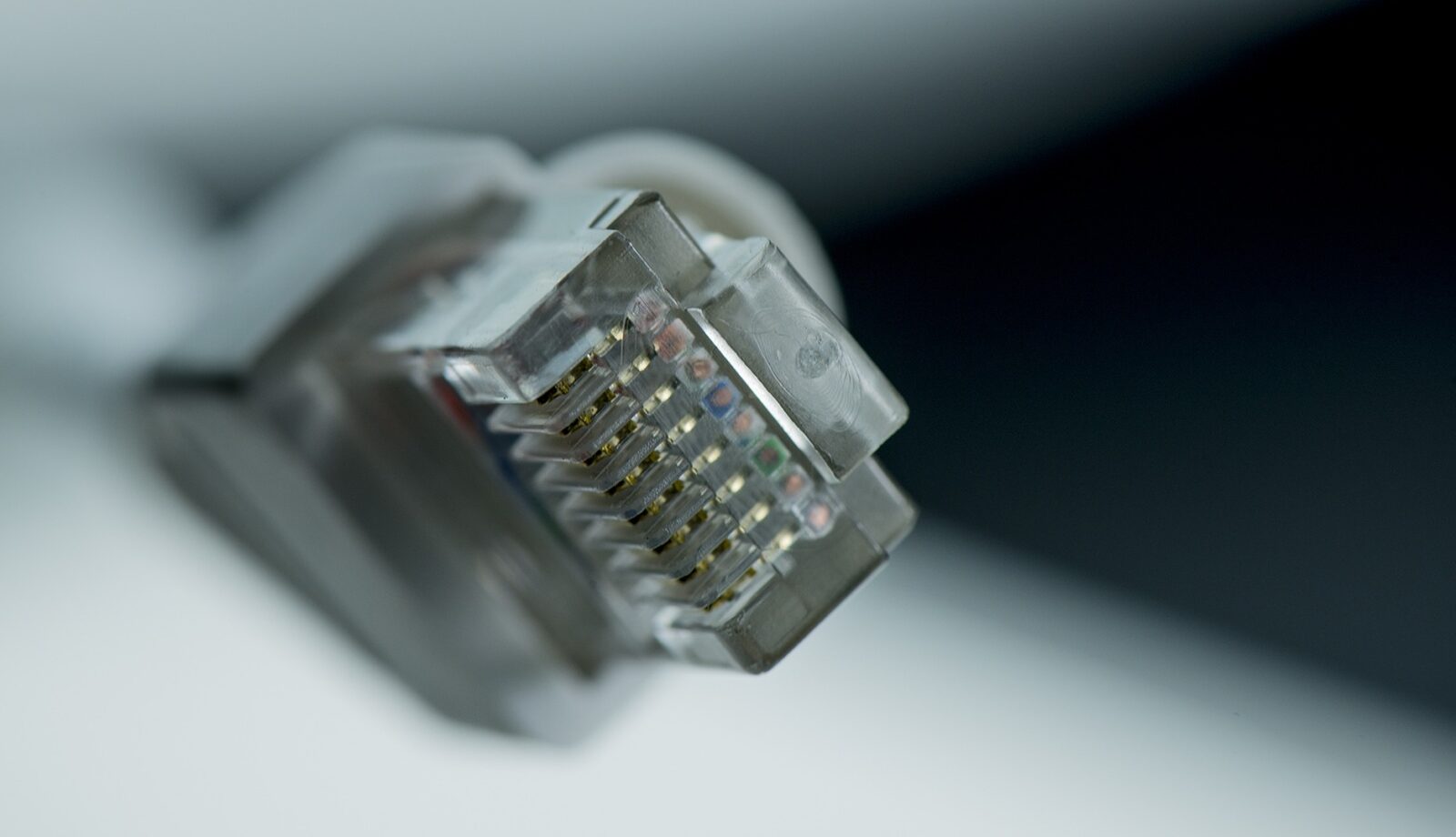Whether you’re setting up an office network, gaming at home, or streaming high-quality videos, choosing the right network cable matters. The wrong cable can lead to slow speeds, connectivity issues, and frustrating interruptions—but don’t worry! This guide will help you pick the best cable for your needs.
Understanding Network Cable Types
There are different categories of network cables, each designed for specific speed and bandwidth needs
Cat5e – Budget-Friendly & Reliable
Cat5e cables support speeds of up to 1Gbps and are great for basic home and office use. If you’re on a budget but need a stable connection, this is a solid choice.
Cat6 – Faster Speeds for Modern Needs
Cat6 cables offer speeds up to 10Gbps and better interference resistance. Ideal for gaming, high-speed internet, and business setups requiring stable performance.
Cat6a & Cat7 – Advanced Shielding & Performance
Cat6a provides improved shielding for reliability over longer distances, while Cat7 delivers even better interference protection. If you need high-speed connectivity in a data center or professional setup, these are excellent options.
How to Pick the Best Cable for Your Needs
Before buying a network cable, consider these factors:
Speed Requirements
If you have gigabit internet or use high-speed applications, Cat6 or higher is your best bet.
Cable Length Considerations
Longer cables can affect performance. If your connection runs over 50 meters, consider Cat6a or Cat7 for stability.
Shielding & Interference Prevention
In environments with multiple electronic devices, shielded cables prevent signal distortion and improve performance.
Budget & Cost Factors
Cat5e is affordable for basic use, but Cat6 provides better long-term value by supporting higher speeds.
Common Mistakes to Avoid
Choosing the Wrong Category for Your Setup
Not all cables perform the same. Pick a cable that matches your speed needs and environment.
Buying Longer Cables Than Necessary
Excess cable can cause signal loss—only buy the length you actually need.
Ignoring Shielding in High-Interference Areas
If you’re in a business setting with multiple connections, a shielded cable prevents performance issues.
Final Thoughts
Why the Right Cable Makes a Difference
Choosing the correct network cable ensures smoother connections, faster speeds, and fewer interruptions.
Expert Help for Choosing the Best Network Cable
Still unsure? Reach out to Techjee for expert guidance on finding the perfect cable for your setup!


